Do you have a food-growing question you’d like me to answer? Check out these guidelines to find out the best way to ask.
I think I smell a rat
Lately I’ve been noticing that something is eating the skin off my lemons. They don’t touch the fruit itself, just the skin. Is this possums, rats or something else? And what can I do about it?
Sanjay P, Essendon
Poor old possums often get the blame for this delinquent activity, but it’s not them. It’s rats who have bred up over the summer on an abundance of vegetables. The rats need to find a new food source once those summer vegetable crops have finished and been removed. Citrus season kicks off in May, and by June many citrus trees in temperate climates are covered in ripe fruit. Citrus are a reliable source of food for rats in winter.
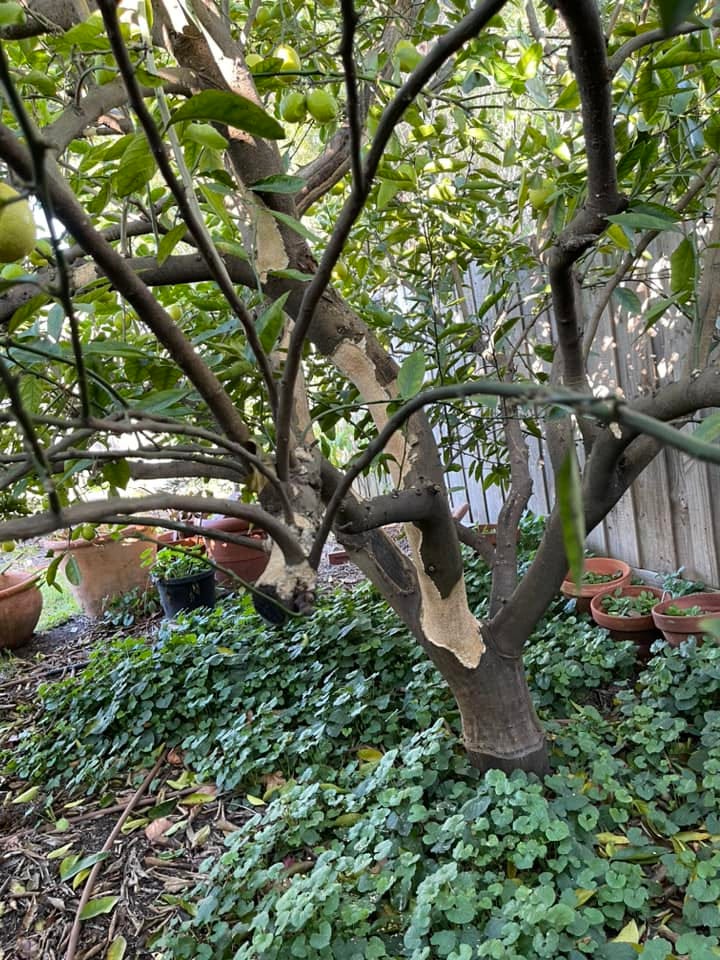
This summer was one of the worst that I can remember for damage caused by rats. I’ve never observed them in numbers like I have this year. And I know I’m not the only one. Many of my readers are telling me the same thing.
It’s useless trying to control rats in summer. There’s so much tasty food available for them and they aren’t interested in baits on traps (or poison baits if you use them). Plus, their numbers are too high for you to put a dint in the population anyway. But winter and early spring are a great time to focus on rodent control. The cold weather causes them to relocate to warmer spaces (such as roof and wall cavities) and they have to work a lot harder to find food. Baits become a lot more attractive to rats in winter.
Reducing the population numbers now will mean there’s a smaller breeding population to cause damage next summer. Remove as many food sources as possible, including from rat hotels, and limit access to food scraps in chicken runs.
You can read about other citrus problems and solutions here.
Share the love
I would like to share your Newsletter with a friend as I think she may be interested to become a subscriber. How can I do this?
Carin G.
Thanks for asking. I rely on my readers to share and promote my work to keep my writing efforts viable. There are lots of different ways to share my work and the best way depends on how you access it.
If you are reading any article directly in your email inbox then you can forward the email just like any other email.
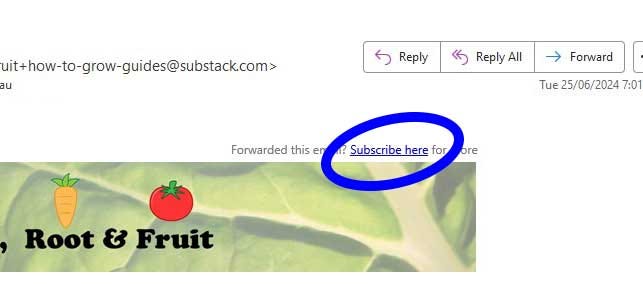
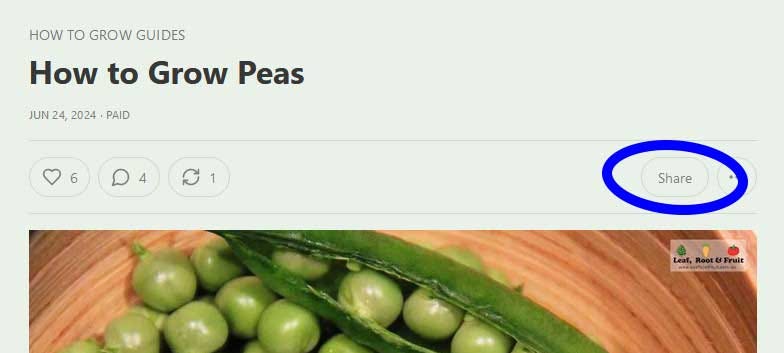
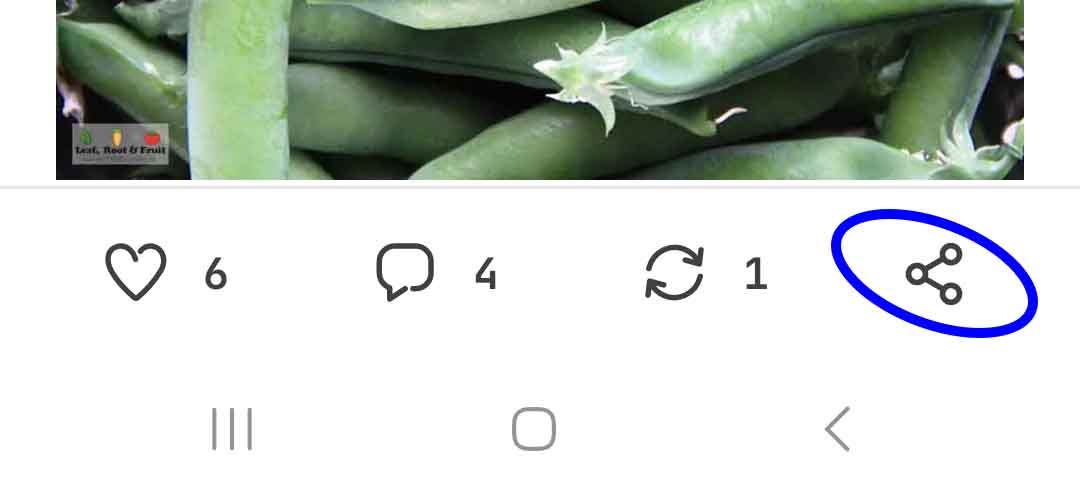
Failing that, you can use the button below to send a link to your friend. It will take them to my Substack homepage where they can read my earlier work and subscribe:
When you share my work and recruit three or more friends to subscribe (free or paid), you’ll receive a complimentary paid subscription. Click the ‘Refer a friend’ button for more info.
Different rules for raspberries
I read online that I need to prune my raspberries. But the article said that I need to prune summer and autumn raspberries differently. Mine fruited in both summer and autumn so I’ve got no idea what to do. Help!
Rosemary H, Canberra
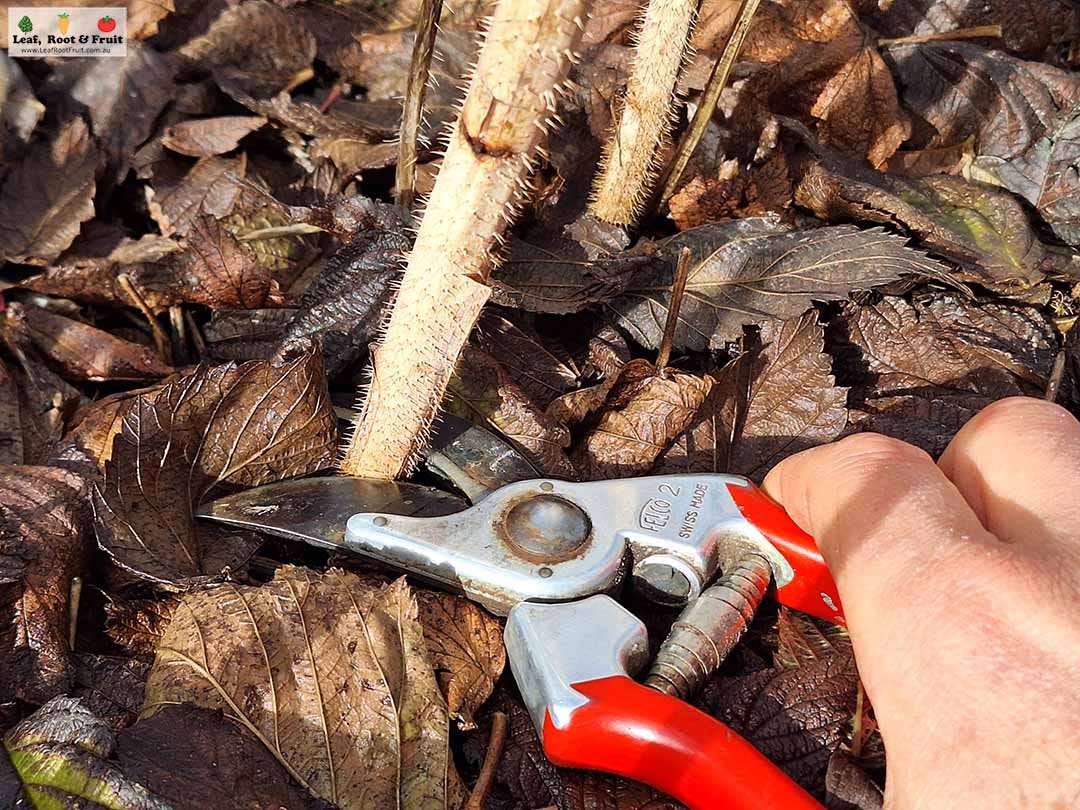
You are correct that raspberries are usually either summer fruiting (floricane) or autumn fruiting (primocane). However, most summer fruiting raspberries also produce some fruit in autumn and vice versa.
The distinction between the two is further confused by everbearer raspberries, which tend to produce large crops over both summer and autumn.
So how should you prune raspberries?


